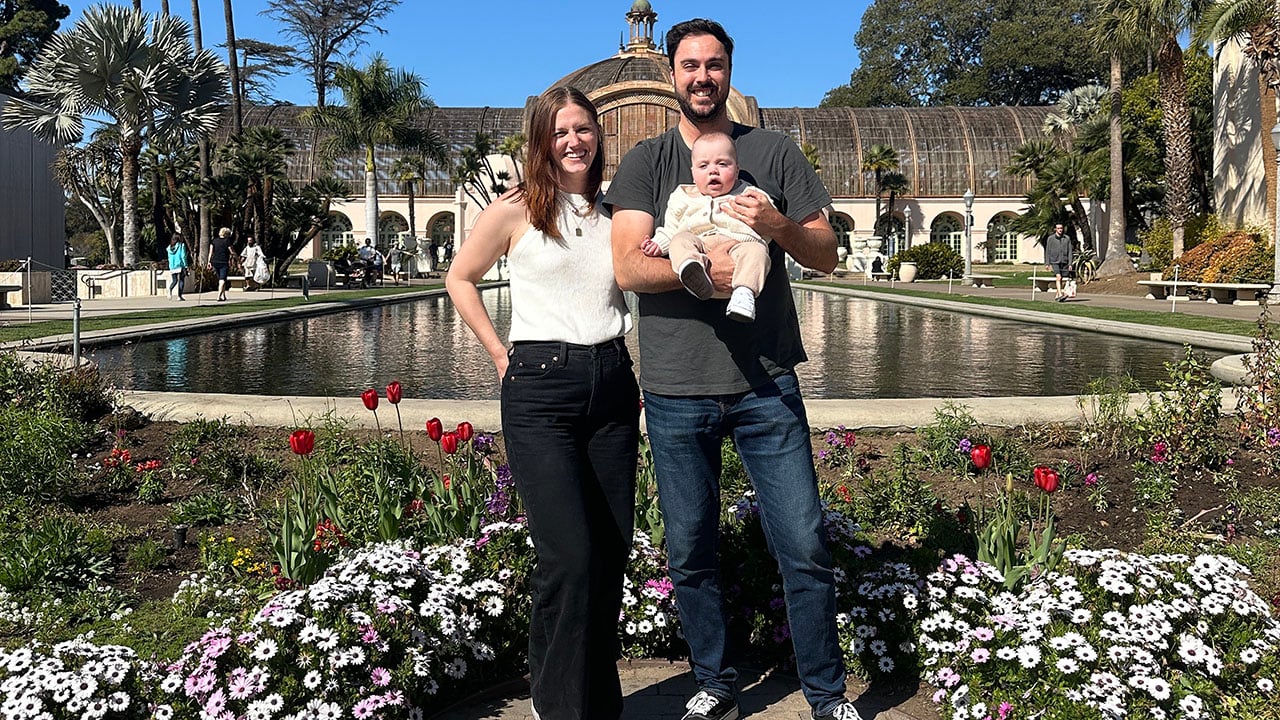First-Episode Psychosis Program
UC San Diego Health's early psychosis program is dedicated to getting young people and their families the help they need, as early as possible.
With early intervention and treatment at our clinic, you may recover completely from a first psychotic episode or learn coping strategies for dealing with continuing or future psychotic symptoms.
We offer assessments and treatment for adolescents and young adults with warning signs of psychosis, signs of early or first-episode psychosis and acute psychosis.
Our treatment approach is evidence-based, adaptable and tailored to your needs and preferences.
What Is Psychosis?
Psychosis refers to conditions that affect thinking. A person experiencing a psychotic episode usually loses contact with reality and may not know what is real or imaginary. First-episode psychosis refers to a person who is experiencing their first psychotic episode. These first episodes often begin when a person is in their late teens to mid-twenties. This is why UC San Diego Health's early psychosis care program focuses on diagnosing and treating adolescents and young adults.
When to Get Help
Psychosis may occur in people with many types of serious mental health conditions, including schizophrenia, schizoaffective disorder and bipolar disorder, among others. If you're seeing possible signs of psychosis in yourself or someone you love, we encourage you to seek help right away. Early diagnosis and intervention offer the best chance of recovery.
Warning Signs
- Feeling something is "off"
- Withdrawing from friends, family and usual activities
- Decline in school or work performance
- Inability to focus or concentrate
- Changes in how you see the world
- Disrupted sleep patterns
- Felling sad, depressed or anxious
Signs of Early or First-Episode Psychosis
- Worrying that others are watching or talking about you
- Suspicions, paranoia or hypervigilance
- Confusion about what is real or imaginary
- Talking to yourself
- Strange or intense beliefs about people or the world
- Vague or odd speech
- Hearing voices or seeing things
What to Expect at Your First Visit
At your first visit, a psychiatrist or psychologist will do a comprehensive evaluation to understand your symptoms and diagnosis.
Coordinated Specialty Care
After you have been evaluated, your care team will develop a treatment plan that may include a combination of:
- Medication management – to reduce symptoms and get the best treatment relief at the lowest possible dose
- Individual psychotherapy sessions – to learn about yourself, your condition and how to manage it and resume normal activities
- Group psychotherapy – for adolescent, adult and multi-family support, cognitive behavioral therapy, wellness education, and employment and college support
- Personalized intensive outpatient care – to address psychiatric and functional needs of people who require a higher level of care than regular clinic visits
- Peer-support services – to learn from and help others with psychosis
- Referrals to UC San Diego Health inpatient care – for patients who need the highest level of care
- Consultations and second opinion evaluations – to confirm a diagnosis or treatment approach with our specialists
- Recovery and follow-up care – for continued support, monitoring and assistance with lifestyle changes for long-term wellness
Throughout treatment, patients are empowered and educated about how to manage their condition and are involved in treatment planning and choices.
Family Involvement
Support Your Loved One
If appropriate and desired, family members are encouraged to become involved in their loved one's recovery process. Family members may participate in family therapy sessions and group therapy sessions with other families to learn about psychosis, coping and communication skills, and how to better support their loved ones.
Research to Improve Care
UC San Diego Health providers conduct original research to improve treatments for mental health conditions.
Early Psychosis Specialists
As a patient at UC San Diego Health, your care draws on the expertise of psychiatrists, psychologists, social workers and therapists. All have training and expertise in early psychosis. Together, they work to comprehensively diagnose, treat and manage your mental health condition.


